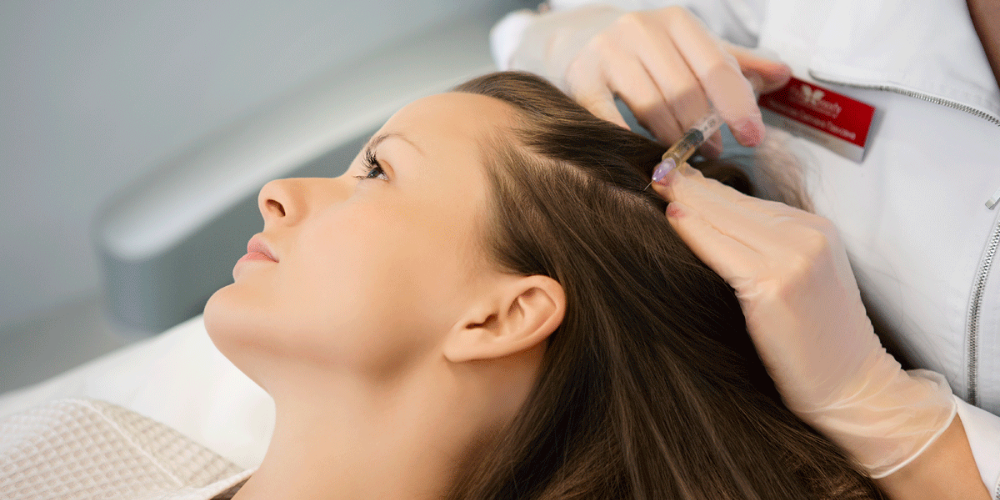Hair health is a vital aspect of an individual’s appearance and self-confidence. Medical trichology, the study of hair and scalp disorders, plays a crucial role in understanding the factors that influence hair health. Apart from genetic factors, lifestyle choices and habits significantly impact the condition of our hair. In this article, we will explore how various lifestyle factors affect hair health and discuss the importance of medical trichology in maintaining luscious locks. Additionally, we will mention IICAD Bangalore as a prominent training institute in the field of trichology.
The Impact of Diet on Hair Health
A well-balanced diet enriched with essential nutrients, vitamins, and minerals is crucial for healthy hair. Protein, biotin, iron, and zinc are essential elements that promote hair growth and strength. Incorporating fruits, vegetables, and healthy fats in your diet can lead to vibrant and lustrous hair.
Stress and Hair Loss
Excessive stress can disrupt the hair growth cycle, leading to hair loss. Cortisol, the stress hormone, can negatively impact hair follicles. Practicing stress-reduction techniques such as meditation and yoga can help maintain hair health.
Hair Care Products and Practices
Using the right hair care products and following suitable practices are essential for maintaining hair health. Harsh chemicals and excessive heat styling can damage hair, leading to breakage and split ends. Opting for natural and sulfate-free products can make a significant difference in hair quality.
Exercise and Hair Health
Regular physical activity improves blood circulation, which, in turn, nourishes hair follicles. Engaging in exercise promotes overall well-being and contributes to healthy hair growth.
Sleep and Hair Growth
Adequate sleep is crucial for cellular repair and hormone regulation, both of which play a role in hair growth. Lack of sleep can lead to hair thinning and increased hair shedding.
Smoking and Its Effects on Hair
Smoking not only affects overall health but also impacts hair health. Smoking can reduce blood flow to the scalp, leading to decreased nutrient supply to hair follicles and ultimately resulting in hair loss.
The Role of Hormones in Hair Loss
Hormonal imbalances, such as those experienced during pregnancy or menopause, can cause temporary hair loss. Understanding and addressing these hormonal changes are essential for managing hair health.
Environmental Factors and Hair Health
Exposure to pollution, harsh weather conditions, and UV radiation can damage hair. Protecting hair from environmental stressors can help maintain its strength and shine.
Hair Styling and Damage
Frequent use of tight hairstyles and hair accessories can lead to traction alopecia, a type of hair loss caused by continuous tension on the hair. Opting for loose hairstyles and limiting the use of hair accessories can prevent such damage.
The Influence of Sun Exposure
Prolonged exposure to the sun’s harmful rays can lead to dry, brittle hair and faded color. Wearing hats or using hair products with UV protection can shield hair from sun damage.
Hair Loss Myths and Facts
Separating hair loss myths from facts is crucial for proper hair care. Understanding the real causes of hair loss can help individuals make informed decisions about their hair care routine.
Promoting Hair Health Naturally
In addition to medical treatments, various natural remedies and home-based treatments can contribute to better hair health. These include scalp massages, herbal infusions, and essential oil applications.
The Significance of IICAD Bangalore in Trichology Education
IICAD Bangalore (International Institute of Cosmetic Academy and Dermatology) is a prominent training institute that offers comprehensive courses in trichology. Aspiring trichologists can receive top-notch education and hands-on training to become proficient in diagnosing and treating hair and scalp disorders.
Summary
Understanding the impact of lifestyle factors on hair health is crucial for maintaining strong, luscious hair. By making conscious dietary choices, managing stress, using suitable hair care practices, and protecting hair from environmental stressors, individuals can enjoy healthy and beautiful hair. Additionally, seeking professional education from institutes like IICAD Bangalore empowers individuals to contribute to the field of trichology and promote hair health on a broader scale.

